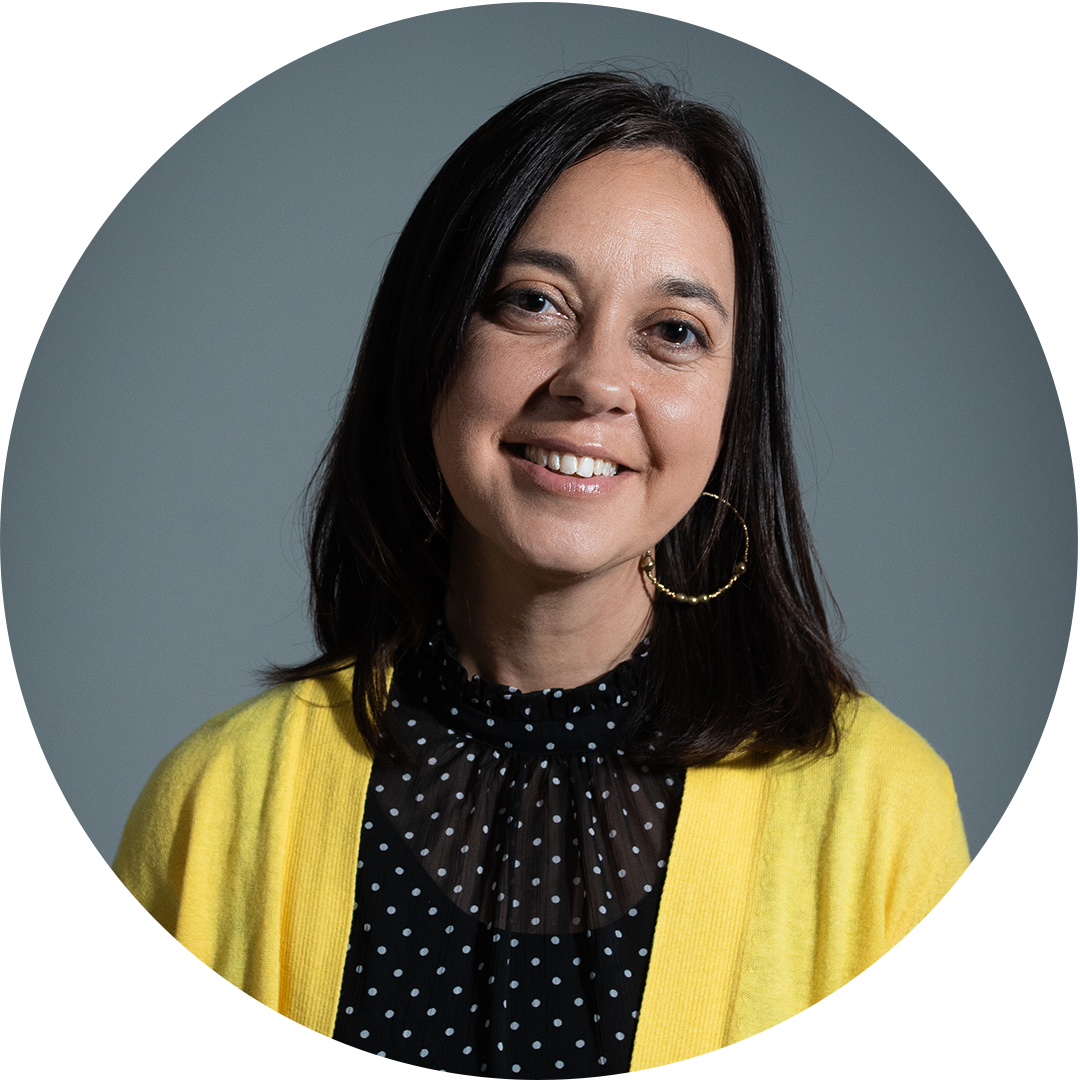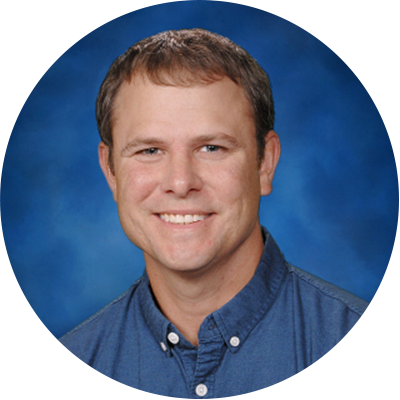In the summer of 2005, I boarded my first plane flight to leave Raleigh, NC, and head to Amarillo, TX. This missions trip would be my introduction to Free Camp and Mission: M25. As I reflect, I could share about the significance of my first flight partner, Chelsea, who eventually became my wife. I could share about the theological tensions tugging me between my Baptist roots and my attendance at a Pentecostal Holiness church. However, I will focus on where I was sitting. I was not in first-class, with three feet of extra space (exaggeration); instead, I was with two friends in economy.
There are obvious advantages to sitting in first-class, which may make it worth the financial investment. However, I thought full-time ministry was first-class, and that bi-vocational ministry was economy class. Through this dialogue with IPHC Kid’s Director, Kristi Cain, I hope you will see how drastically my thoughts have changed.
Kristi: You recently gave a talk aimed at those in “bi-vocational ministry.” How would you define that term?
Jake: Certainly, you heard me speak at our “I3 Conference,” purposed to inspire, invest and influence growing leaders. Sometimes it is easier to start with what bi-vocationalism is not. “When you think about bi-vocational ministry, you cannot think of it as doing two things poorly…bi-vocational ministry means you’re intentionally leveraging all of your life into one calling” (Outreach Magazine).
Bi-vocational ministry more closely resembles Colossians 3:17. “And whatever you do, whether in word or deed do in the name of the Lord Jesus giving thanks to God the Father through him.” It is leveraging all your tasks into one calling.
Kristi: You're in bi-vocational ministry yourself. Tell us about where you serve.
Jake: I am a sixth-grade math teacher at River Road Middle school, a rural, public school. I’ve had opportunities outside of this school that might be considered more lucrative financially and educationally speaking. Still, I know that education is where the Lord has positioned me. Additionally, I am the Student Pastor at Christian Heritage Church. I thoroughly enjoy being around teenagers as they transition from crises in their faiths to faith stabilization due to encounters with Jesus.
Kristi: It's getting more common for ministers to be bi-vocational, especially outside the southeast portion of the US. Do you see this as a trend that will continue?
Jake: Ed Stetzer shares that “already one-third of all American pastors are bi-vocational, and this number will probably grow” (Christianity Today, 2017). In 2014, the Barna Group said that only 35 % of Millennials (currently ages 18-29) believe the Bible contains everything a person needs to know to live a meaningful life. This is problematic if we (the Church) are trying to cultivate a generation with a biblical perspective in the current culture. I believe bi-vocational ministry in the United States will increase because it’s a different type of “undercover missionary work.” It can break barriers that exist in people with culturally driven, preconceived notions about the church.
Kristi: What are the advantages of bi-vocational ministry? Why should someone consider this path?
Jake: Advantages of bi-vocational ministry become apparent as students refer to me as a teacher rather than a pastor. A weight lifts when people (students, other teachers, and principals) struggle through life together. Co-workers see me as “Teacher Jake” another person, a part of the team. This relational dynamic creates bridges to Pastor Jake, the person they can go to with prayer requests and count on to celebrate with them as they succeed.
Jesus went to the woman at the well in John 4. I want to go to the principal and to the student. I want to pursue modern-day Samaritan stories. Ultimately, I want to encourage people to seek the Lord’s will for their lives, and whether that is through bi-vocational or full-time ministry, it is up to Him (the Father). We should consider a bi-vocational path because the Word states to “make the most of every opportunity,” sometimes, that exists as a UPS driver, firefighter, or an occupation that collides with your gift mix.
Kristi: What is something you've learned through bi-vocational ministry?
Jake: I have recently learned that God created me for bi-vocational ministry, and it’s as much a gift to myself as I hope it is to others. There are some people God will reach through me because I am in the education system instead of being only in the Church.
Kristi: What would you say to someone in bi-vocational ministry who longs to transition to a full-time ministry position?
Jake: I would simply ask “why” along with some qualifying questions like, “Are you pursuing more money or more ministry time?” and “Do you see bi-vocational ministry as the economy class of ministry?”
God uses bi-vocational ministry as a great cultivator of the heart. I remember substitute teaching during my first two years in Amarillo, and I struggled with entitlement from recently completing my four-year degree. I had the plague of the “I should be’s...” I should be making more money. I should be in full-time ministry. I should be eating out more than once a week. The Lord met me amid this flawed thinking and shared His intent for me to honestly care for people versus just showing up to direct a youth camp once a year. It’s difficult to ask people to join us spiritually if we are not willing to get on their level physically or emotionally.
Kristi: Is there anything else you'd like to share?
Jake: My closing thought is one of gratitude to the Lord. He has shaped my heart through so many fantastic bi-vocational opportunities. My mind has shifted to a first-class ministry perspective, whether I “get to” teach math or preach. There is no categorizing my secular job to the “non-spiritual.”
Bi-vocational ministry may be a God-intended mission field for you. I believe some biblical, historical figures show excellent models for bi-vocational ministry. What if David had not spent time as a shepherd? What if Luke had not been a doctor? What if Jake was not a teacher? I believe the Lord wants to leverage all these “secular” jobs into one calling - to lead everyone we can closer to Jesus.

Kristi Cain currently serves as the National Director of Children's Ministries. She has served in a broad range of discipleship capacities since she graduated from Emmanuel College in 1997. She was formerly the Executive Editor of Curriculum for the IPHC and has also enjoyed being on the staff of two churches where she directed student and children’s ministry programs. She is married to her best friend, Jamie, and together they have three children: Cullen, Owen, and Annabeth. Kristi loves exploring new places with her family, conversing over morning coffee with her husband, reading, and teaching at her church.

Jake Bunn and his wife, Chelsea, make their home in Amarillo, TX, with their two sons, Wyatt and Jase. In addition to being a husband and father, Jake serves in several capacities, including Kids’ Pastor at Christian Heritage Church in Amarillo, TX, Discipleship Ministries Director for the Great Plains Conference, International Free Camp Director, and as one of two millennial members on the General Men’s Ministries Board.


